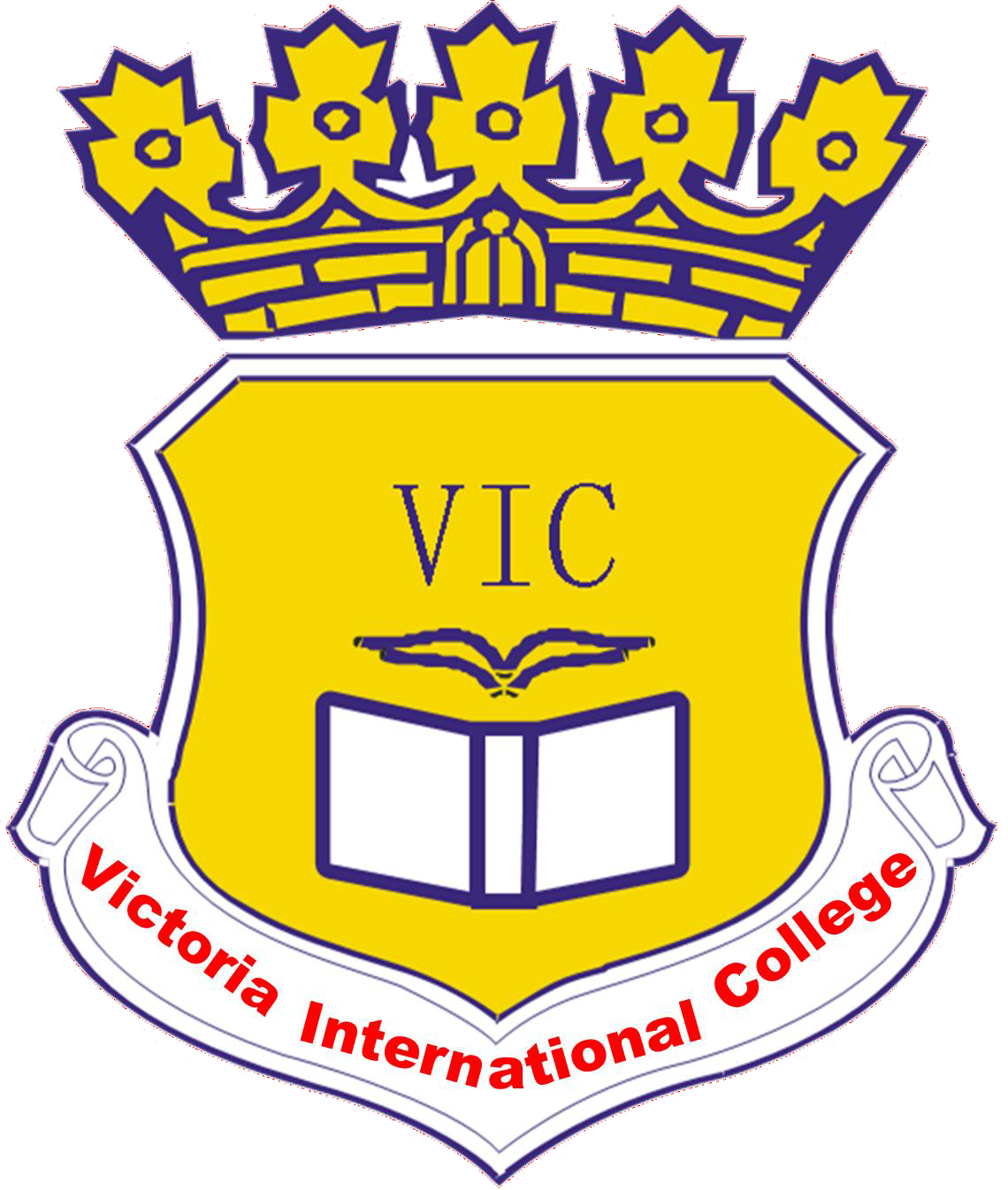What is an Early Childcare Assistant (ECA) and What Do They Do?
What Does An Early Childcare Assistant (ECA) Do?
An Early Childhood Assistant plays a vital role in the development and well-being of young children. Their primary responsibility is to support the lead educator or teacher in providing a safe, nurturing, and stimulating environment for children in early childhood settings such as daycare centers, preschools, and kindergarten classrooms.

Job Description
1. Childcare and Supervision
Early Childhood Assistants are responsible for supervising and monitoring children during indoor and outdoor activities, ensuring their safety at all times. They assist with daily routines, such as feeding, diapering, and nap times, and help children with basic hygiene tasks like handwashing.
2. Curriculum Implementation
They assist in implementing age-appropriate curriculum activities designed to promote the physical, cognitive, social, and emotional development of children. This may include organizing and participating in play-based learning activities, storytelling, arts and crafts, and music and movement exercises.
3. Observation and Assessment
Early Childhood Assistants observe and assess children’s behavior, interactions, and developmental progress, and communicate any concerns or observations to the lead educator or supervisor. They may also assist in maintaining records of children’s milestones and developmental achievements.
4. Parent Communication
They maintain open and effective communication with parents or guardians, providing updates on their child’s activities, progress, and any concerns that may arise. They may also assist in organizing parent-teacher meetings, orientations, and other events.
5. Classroom Management
Early Childhood Assistants help maintain a positive and inclusive classroom environment by managing behavior, resolving conflicts between children, and promoting respectful interactions among peers. They may also assist in setting up and organizing classroom materials, equipment, and learning centers.
6. Health and Safety
They ensure that the childcare environment is clean, safe, and hygienic by following proper sanitation and hygiene protocols. Early Childhood Assistants may also assist in implementing emergency procedures and protocols, such as fire drills and first aid response.
7. Professional Development
They engage in ongoing professional development opportunities to enhance their knowledge and skills in early childhood education and development. This may include attending workshops, seminars, and training sessions related to childcare best practices, child development theories, and educational methodologies.
To sum up, an Early Childhood Assistant is responsible for providing support to lead educators or teachers in early childhood settings such as daycare centers, preschools, and kindergarten classrooms. Their duties include childcare and supervision, implementing curriculum activities to promote children’s development, observing and assessing children’s progress, communicating with parents, managing classroom behavior, ensuring health and safety standards, and engaging in professional development. Early Childhood Assistants play a vital role in creating a nurturing environment where children can learn, grow, and thrive during their early years.
So How Can I be an Early Childcare Assistant?
If you are interested in becoming an Early Childcare Assistant, consider enrolling in the Early Childcare Assistant Program from the Victoria International College of Business and Technology. Paid internship opportunities are available in our program to gain real life experiences, enhancing your employability after graduation. With our experienced instructor, you will be able to pass the ECA exam stress-free. Join us! You can make a difference in the early lives of children and help increase the proficiency of Canada’s educational system.

